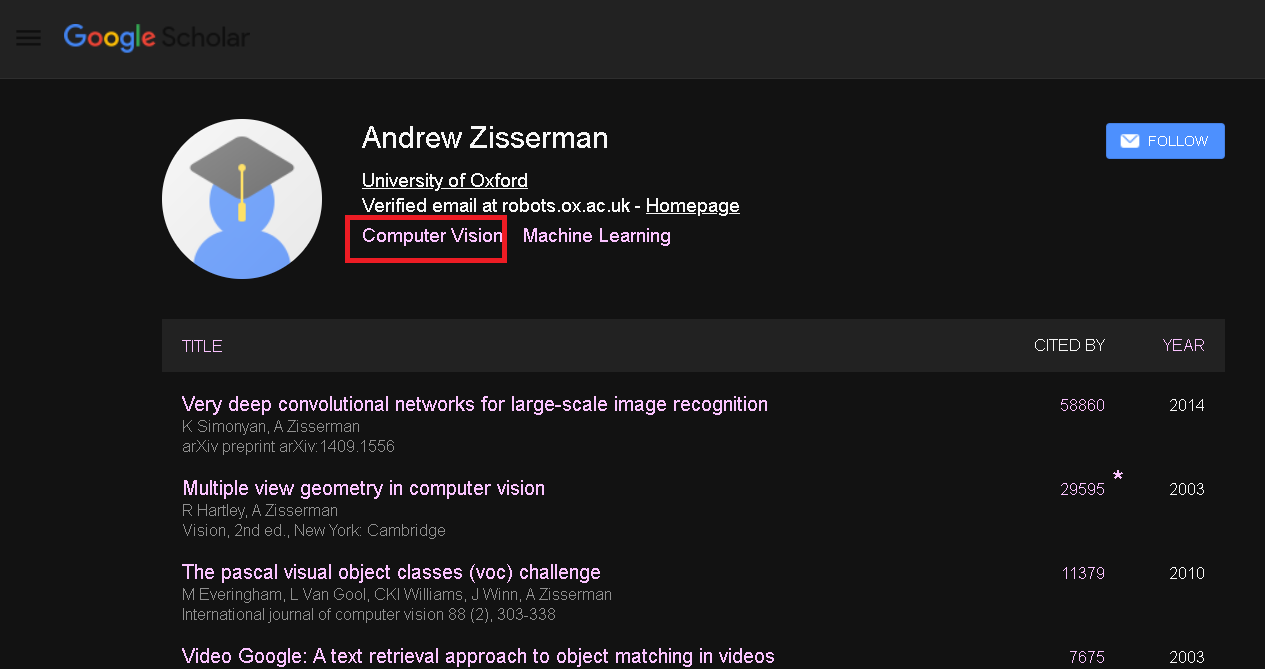Use Web of Science (paywalled).
Search by the topic ("natural language processing"). You'll reach a page with, as of time of writing, 30,348 results. You can now sort the papers by authors (in the left-hand panel), and select the top x% researchers that way. Then you pick the author at the bottom of that x%, find only the papers by him/her, and generate a citation report.
As of time of writing, there are 62,594 authors. I'm not going to download all the data, but Web of Science makes it possible to display the top 500 of them. The 500th-ranked author is JIMENEZ-LOPEZ MD, which a quick Google search finds is this professor. Web of Science gives her h-index as 4, number of times cited as 59, and the number of citing articles as 44.
If you need help with operating Web of Science, feel free to ask your librarian.

